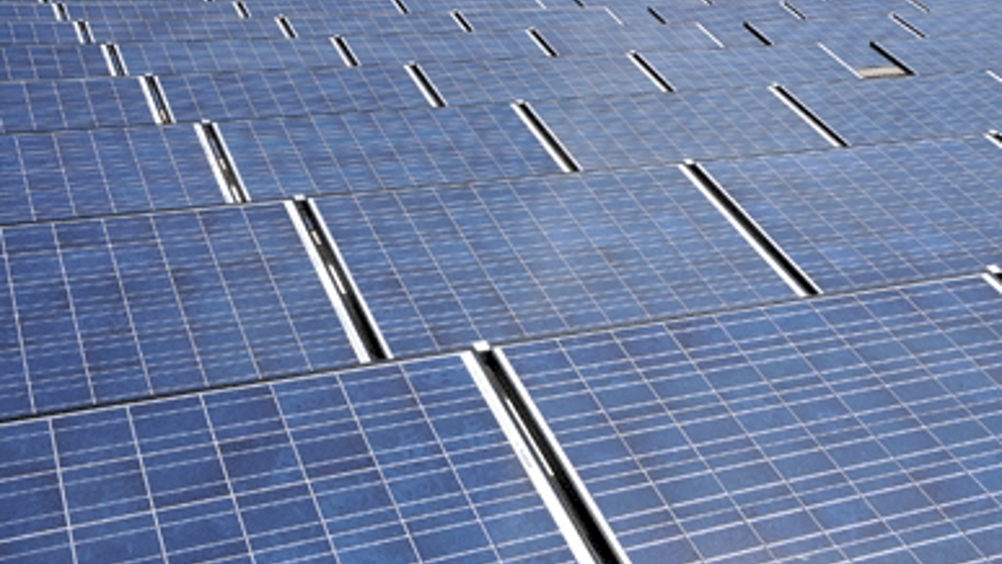Efficient solar cells from light-capturing quasi-crystals
An international team of scientists, led by researchers from the Universities of York and St Andrews, has developed a new method to increase the efficiency of solar cells.

The new approach is claimed to achieve highly efficient broad-band light trapping in thin films, with more light captured in the film in order to maximise absorption and electricity generation.
The research, reported in Nature Communications, also involved scientists from Sun Yat-sen University and the GuangDong Polytechnic Normal University, China, and IMEC (Interuniversity MicroElectronics Center), Leuven, Belgium.
The new method builds on research into quasi-crystals, which offer advantages in terms of the spectrum of light they are able to capture.
However, the problem with these structures is that their properties are difficult to tailor towards specific applications as they lack the design tools available with periodic structures such as regular gratings.
To solve this problem, the researchers created a new structure called a quasi-random structure, which combines the rich spatial frequencies associated with quasi-crystals with the high level of control afforded by periodic structures.
In a statement, corresponding author Emiliano Martins, from the School of Physics and Astronomy, University of St Andrews, said: “The control of propagating light is a crucial aspect in photonics. Here, we demonstrate that by a careful design of their Fourier spectra, quasi-random nanostructures can achieve such control very efficiently. ”
Register now to continue reading
Thanks for visiting The Engineer. You’ve now reached your monthly limit of news stories. Register for free to unlock unlimited access to all of our news coverage, as well as premium content including opinion, in-depth features and special reports.
Benefits of registering
-
In-depth insights and coverage of key emerging trends
-
Unrestricted access to special reports throughout the year
-
Daily technology news delivered straight to your inbox










Water Sector Talent Exodus Could Cripple The Sector
Maybe if things are essential for the running of a country and we want to pay a fair price we should be running these utilities on a not for profit...